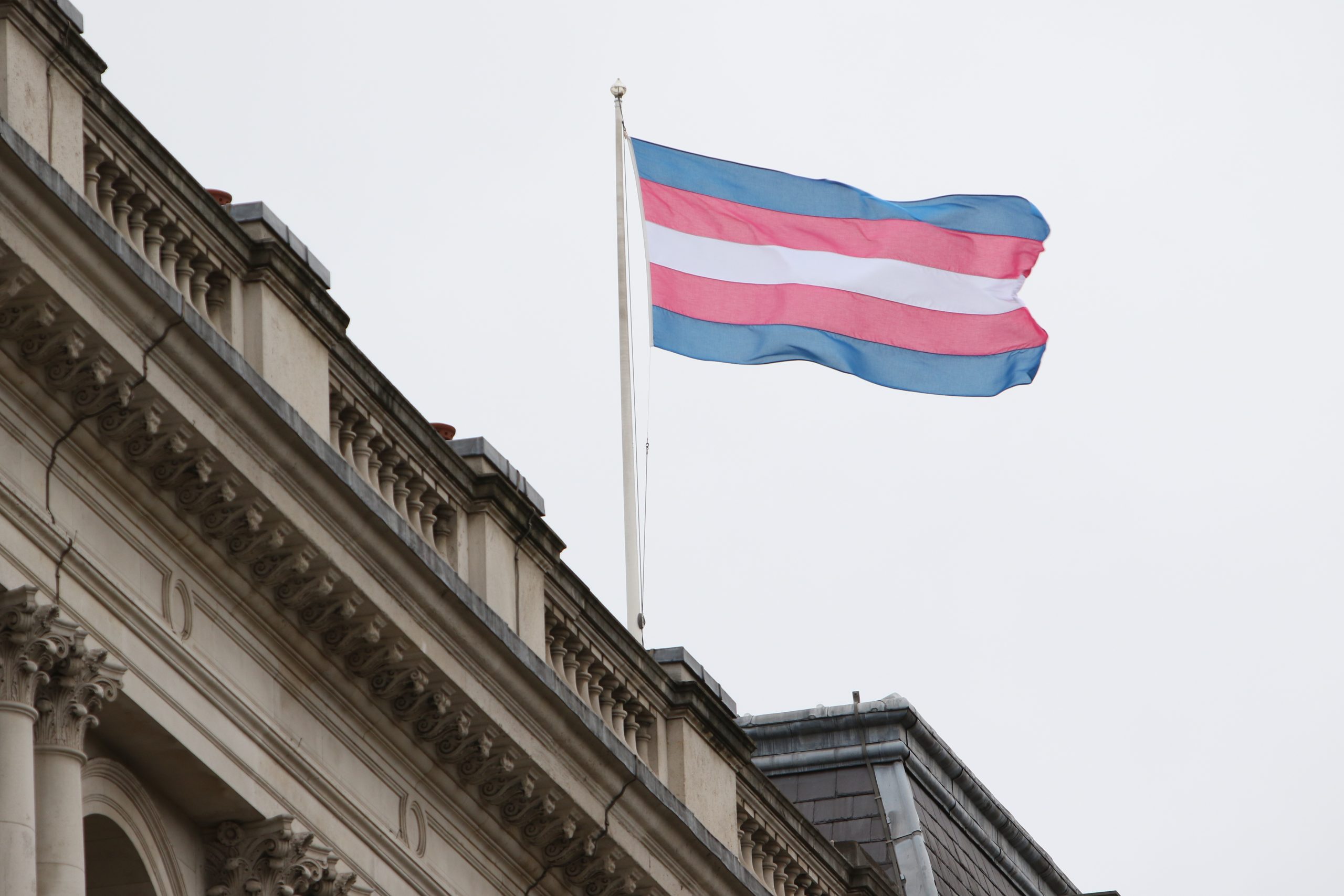
The Hong Kong government revised on Tuesday the Hong Kong ID cards sex entry policy. After the revision, individuals who have not completed full sex reassignment surgery may apply to change the gender marker on their identity cards.
After the revision, preoperative transgender individuals may still apply for an amendment if the individual has completed surgical treatment such as the removal of breasts or removal of the penis and testes. The individual must also make a statutory declaration to confirm they have gender dysphoria, have lived in the opposite sex throughout the period of at least two years before the application, and will continue to live in the opposite sex for the rest of their lives. In addition, the individual must also have received hormonal treatment for two years before the application is made and must confirm that they will continue to undergo hormonal treatment and submit blood test reports when required by the Director of Immigration.
The government reiterated that the change to the gender marker on Hong Kong ID cards does not represent the holder’s sex as a matter of law. It also does not affect other government policies or the handling of any other gender-related matters under the law.
To apply for an amendment to the gender marker on the Hong Kong ID cards, the government previously required transgender individuals to undergo full sex-reassignment surgery. In February 2023, the Hong Kong Court of Final Appeal ruled that the requirement was unconstitutional. The court held that requiring transgender individuals to undergo the most invasive surgical intervention in the range of treatments for gender dysphoria went to far because it may be medically unnecessary. The court, therefore, required the government to present a more compelling reason to uphold the policy. Consequently, the court also held that a full sex reassignment surgery is not the only workable, objective and verifiable criterion to determine the application to change gender marker.
International human rights experts came up with the Yogyakarta Principles in 2006. Principle 3 provides for the right to recognition before the law. It specifically states, “[E]ach person’s self-defined sexual orientation and gender identity is integral to their personality and is one of the most basic aspects of self-determination, dignity and freedom.” Principle 3 also provides that undergoing medical procedures should not be a requirement for legal recognition of people’s gender identity.
Requirements for legal gender recognition vary among different countries. South American countries such as Argentina, Brazil, Uruguay, Colombia and Ecuador have already provided legal gender recognition by self-determination. The revised policy adopted by Hong Kong is similar to the UK Gender Recognition Act 2004, except with an additional requirement of having completed certain surgical treatments.



